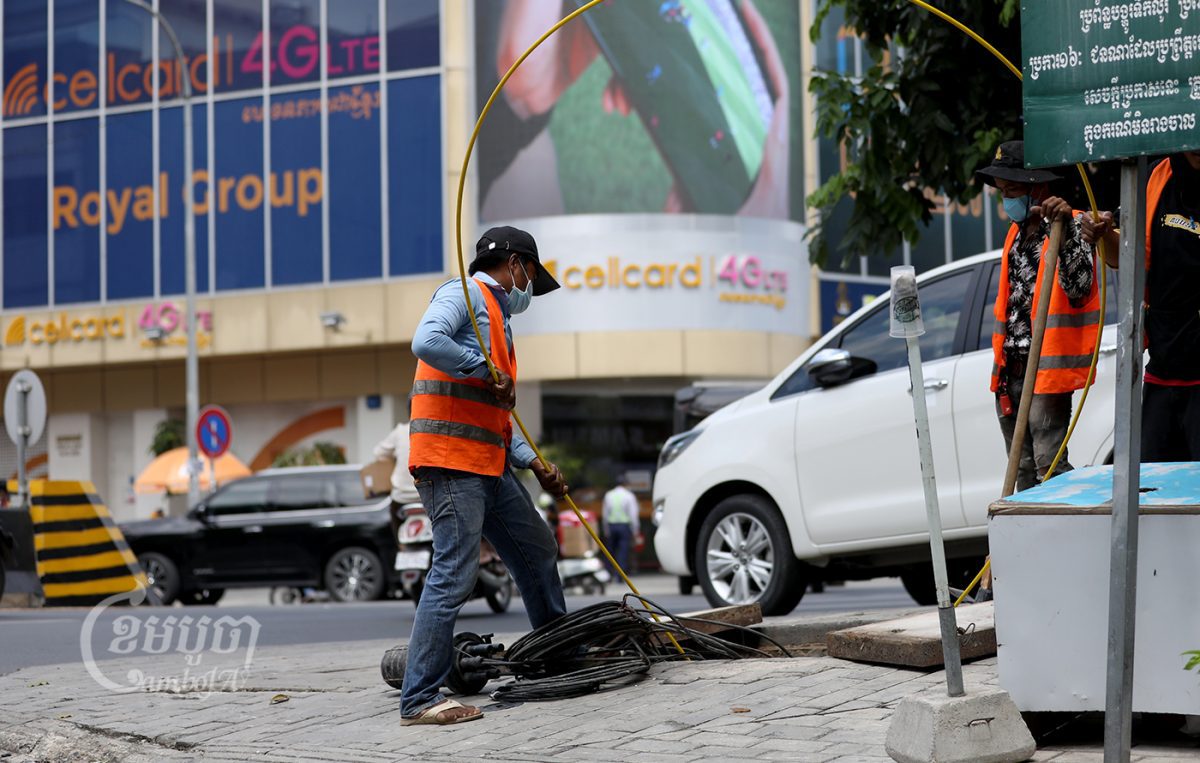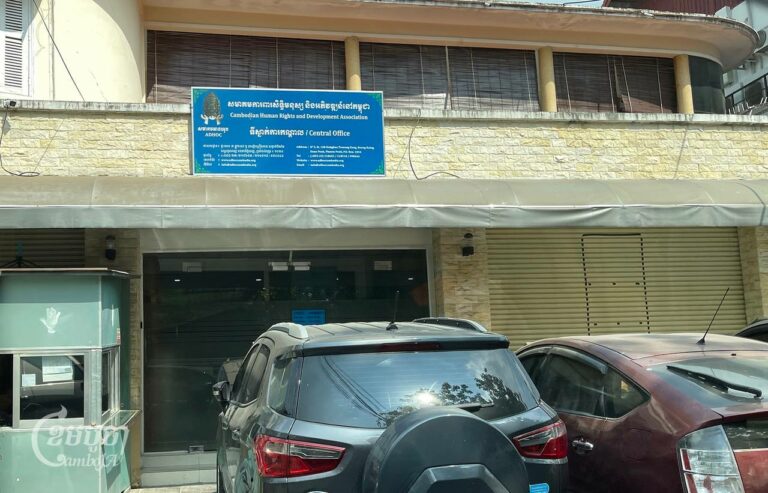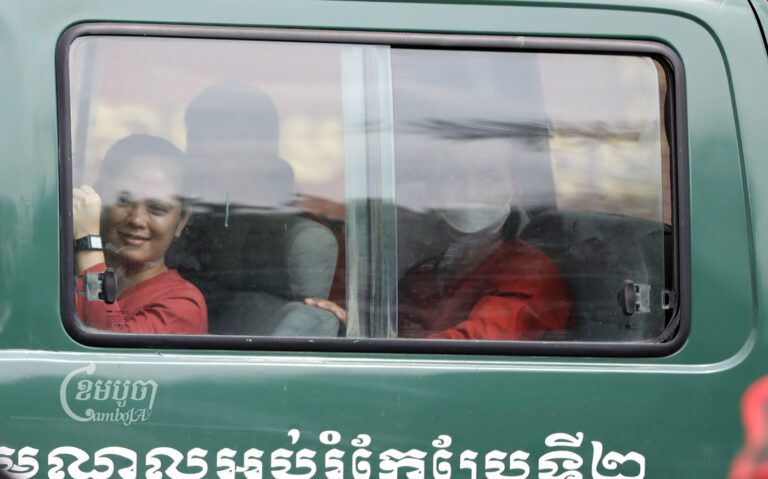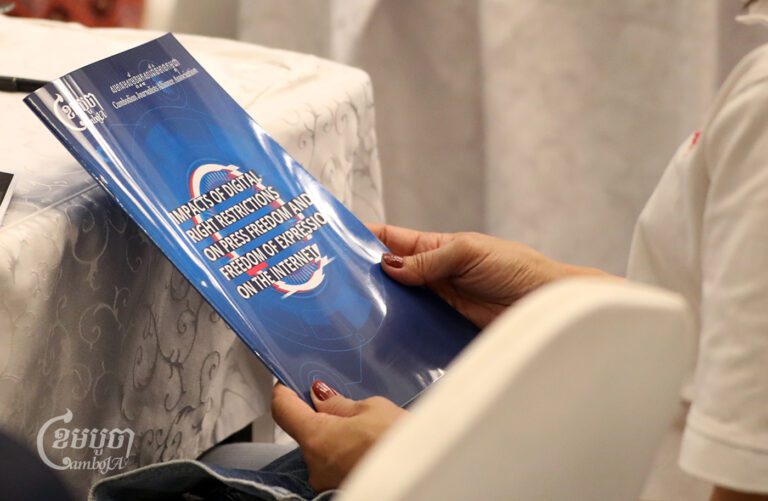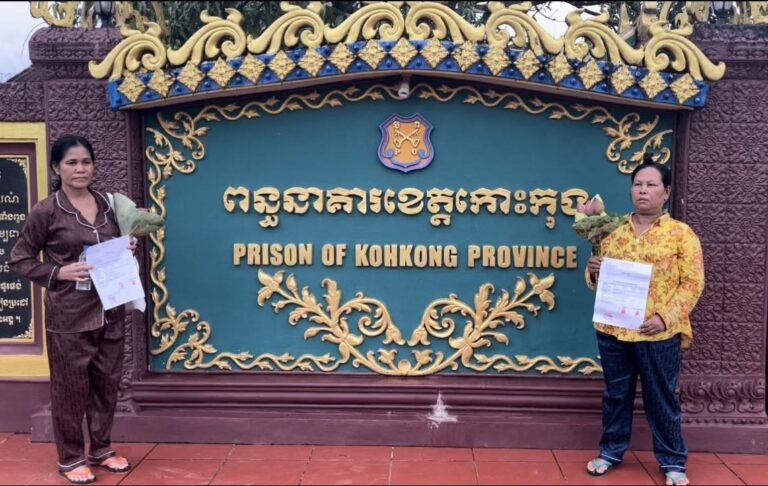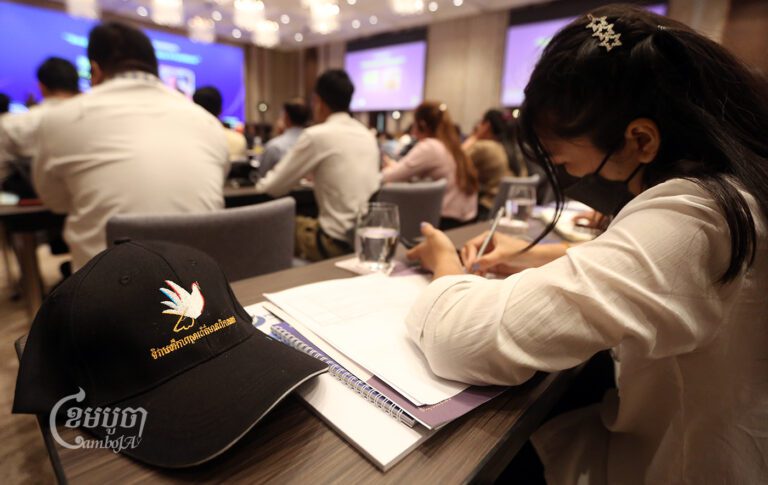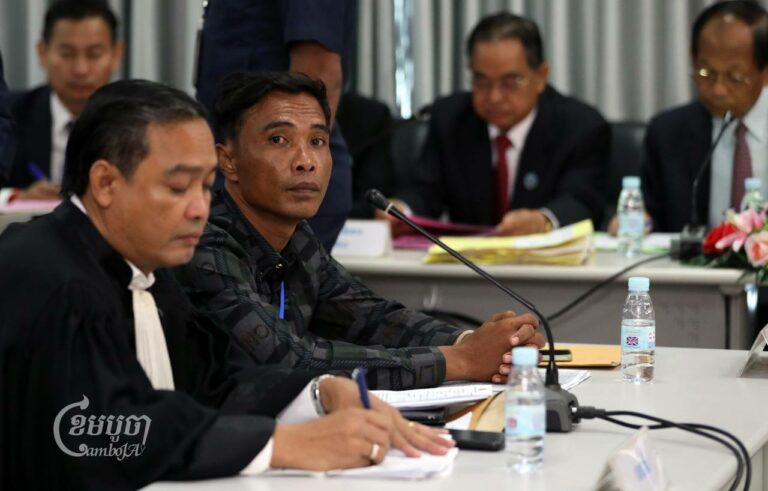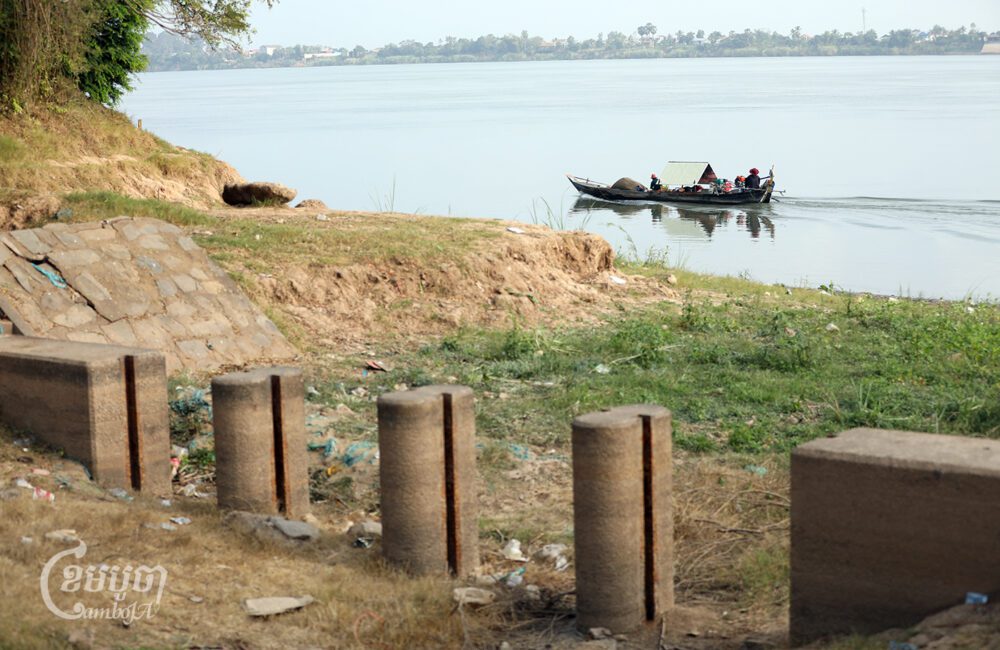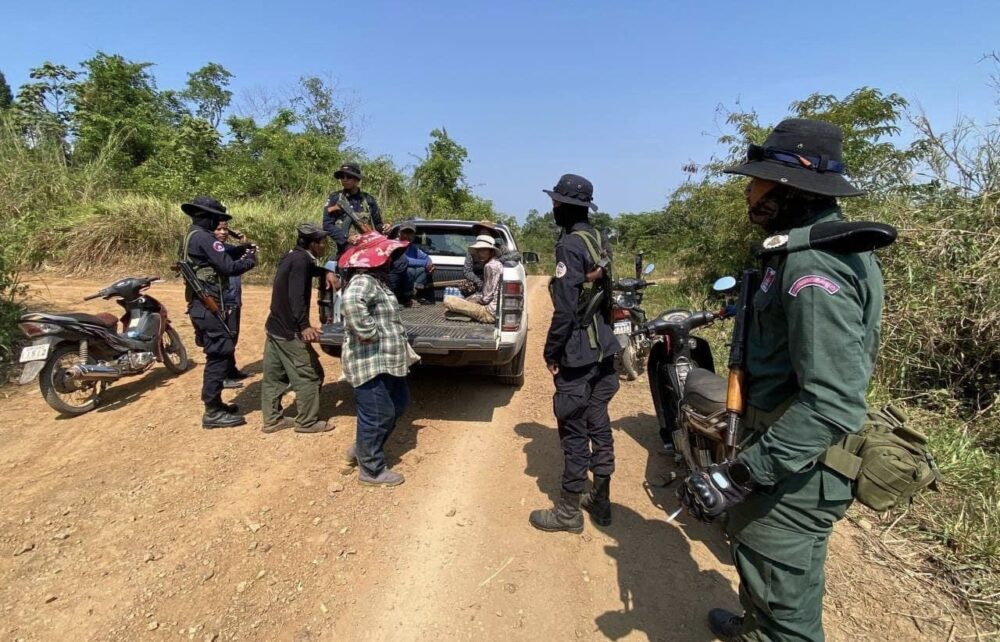In nearly a month since the Ministry of Post and Telecommunication delayed implementation of the National Internet Gateway (NIG), civil society groups have continued urging the government to reconsider its plans.
While the NIG has been put on hold, non-governmental organizations and human rights advocates say the government’s intention to route all domestic internet traffic through a single, state-controlled point will suppress freedom of expression and enable state-sanctioned online harassment.
On March 10, the Cambodian office of the German political foundation Konrad Adenauer Stiftung (KAS) held a forum to discuss both positive and negative potential effects of the NIG implementation.
KAS Cambodia head Daniel Schmücking said that cyber attacks are a real threat in a digitalized society, but that states must provide security to citizens without limiting their freedom. Laws should balance both aspects, Schmücking said, and so the process of drafting legislation should be transparent and inclusive.
‘’It needs to allow stakeholders to raise their concerns in public hearings. There is a lack of awareness and knowledge of what the National Internet Gateway means for citizens, service providers, and the business sector,” Schmücking said.
Cambodian Center for Human Rights director Chak Sopheap said the sub-decree establishing the NIG is of serious concern for the future of fundamental human rights in the country. She said implementation of the NIG would allow coordinated authorities to block and disconnect specific network connections.
“This is likely to facilitate mass surveillance, the interception, and censorship of digital communications, and the collection of personal data, thus threatening individuals’ ability to exercise their rights to privacy and other fundamental freedoms,” she said.
In light of the Cambodian government’s ongoing crackdown against criticism and dissent, Sopheap said, there are reasons to believe that critical voices – such as journalists, human rights defenders, activists, and opposition members – will be heavily impacted by the NIG.
A report on online harassment released last year by rights group Licadho described the Cambodian government as routinely imprisoning, arresting and harassing social media users and activists for their online expression.
‘’Recently passed laws are likely to enhance government surveillance and restrict online free expression even further,” the report said.
Sopheap said the NIG could cultivate an environment of fear, creating incentives for self-censorship and directly undermining the ability of journalists and human rights defenders to undertake their work.
‘’The timing of the NIG’s establishment is particularly concerning as the 2022 commune elections are approaching and will set the scene for next year’s national elections,” she said. ‘’There is a real risk that ahead of and during the elections, the NIG will be used to block and censure dissenting opinions online, even when doing so is not permissible under international human rights law.”
Sopheap said the NIG joins the Law on Telecommunications and the 2018 Inter-Ministerial Prakas on Publication Controls of Website and Social Media Processing via Internet. These laws increase the power of the government to use the internet as a tool of repression and undermine its potential as a key platform for exercising fundamental freedoms, she said.
‘’While the delay in the implementation of the NIG offers Cambodian citizens a small respite, it is unfortunately temporary. The threats the NIG represents will only be eliminated with the unconditional repeal of the NIG sub-decree,” she said.
Nop Vy, executive director of the Cambodian Journalist Alliance Association, shared a similar opinion, saying he believes implementation of the NIG will increase threat levels for social media users.
‘’This sub-decree should be suspended until it has been consulted and amended based on NGOs suggestions,” he said.
So Visothy, secretary of state of the Telecommunications Ministry, could not be reached, nor could other ministry officials. However, according to a statement released last month by the Foreign Affairs Ministry, the NIG is intended to facilitate and manage the internet connection and strengthen national security and tax collection.
‘’Allegations that the establishment of an Internet portal allows the Cambodian authorities to monitor and monitor all online activities, seize and restrict digital communications, as well as store and share users’ data, create risks, and suppress the freedom of expression is an unfounded accusation,” the statement said.


